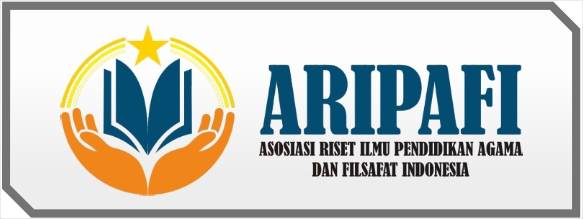Skeptisisme Epistemologis: Mempertanyakan Kebenaran Yang Absolut
DOI:
https://doi.org/10.59581/jpat-widyakarya.v2i2.3162Keywords:
Epistemological Skepticism, Absolute TruthAbstract
Rational thinkers need the ability to think critically but it is not enough just to do that, it must be with real and visible evidence. In this discussion the author uses a quantitative method with a descriptive approach which makes it possible to answer questions that require absolute answers, namely by presenting the evidence that exists because absolute truth cannot be seen through mystical/prological thinking.
References
Muliadi. (2020). Filsafat Umum. Fakultas Ushuluddin UIN Sunan Gunung Djabi Bandung. Hal.1.
Hardiman, F. Budi. (2004). Filsafat modern, dari Machiavelli sampai Nietzsche. Gramedia Pustaka Utama.
Panorama Filsafat Modern. (n.d.). Teraju. Hal. 22.
Yazdi, Ali Asgari. (2016). Sejarah Skeptisisme, Jatuh Bangun Paham Keraguan atas Kebenaran. Sandra Press.
Rusyad, Daniel H. (2020). Epistemologi dalam Filsafat Sebuah Pengantar. Daniel Rusyad. Hal. 4.
Junaedi, Mahfud & Wijaya, Mirza Mahbub. (2021). Pengembangan Paradigma Keilmuan Perspektif Epistemologi Islam. Prenada Media. Hal. 22.
Rohman, Arif; Rukiyati; Purwastuti, Lusila Andriani. (2014). Epistemologi dan Logika: Filsafat untuk Pengembangan Pendidikan. Aswaja Pressindo. Hal. 6.














